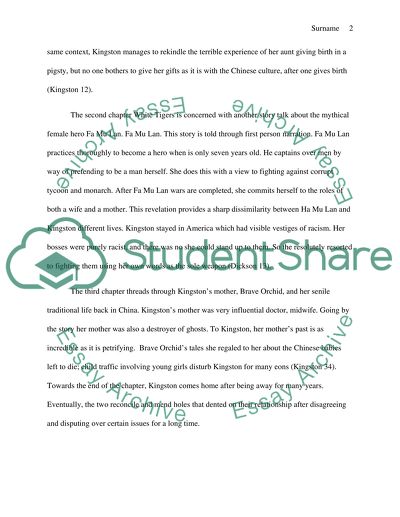Cite this document
(“The Role Play of Chinese Woman Research Paper Example | Topics and Well Written Essays - 2000 words”, n.d.)
The Role Play of Chinese Woman Research Paper Example | Topics and Well Written Essays - 2000 words. Retrieved from https://studentshare.org/english/1436742-the-role-play-of-chinese-woman-from-the-past-till
The Role Play of Chinese Woman Research Paper Example | Topics and Well Written Essays - 2000 words. Retrieved from https://studentshare.org/english/1436742-the-role-play-of-chinese-woman-from-the-past-till
(The Role Play of Chinese Woman Research Paper Example | Topics and Well Written Essays - 2000 Words)
The Role Play of Chinese Woman Research Paper Example | Topics and Well Written Essays - 2000 Words. https://studentshare.org/english/1436742-the-role-play-of-chinese-woman-from-the-past-till.
The Role Play of Chinese Woman Research Paper Example | Topics and Well Written Essays - 2000 Words. https://studentshare.org/english/1436742-the-role-play-of-chinese-woman-from-the-past-till.
“The Role Play of Chinese Woman Research Paper Example | Topics and Well Written Essays - 2000 Words”, n.d. https://studentshare.org/english/1436742-the-role-play-of-chinese-woman-from-the-past-till.


